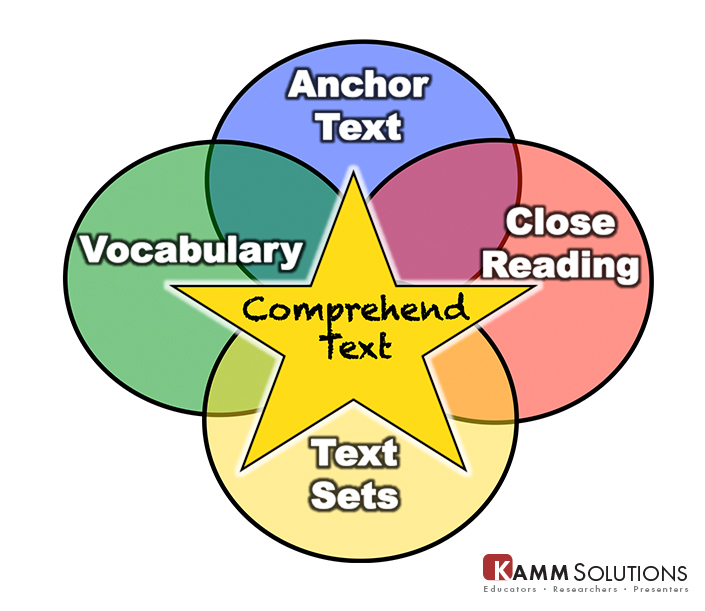In this internet dominated era, fast communication, easy access to knowledge, and web-enabled global competition abound. An individual’s ability to read complex texts and write and communicate clearly often determines one’s success. College and most careers require a high degree of literacy. The Aspen Institute(2012) noted that “The ability to read complex text is the single greatest predictor of success in college.” As a result of this emphasis, the development of literacy skills in K-12 education has intensified. The Common Core State Standards Initiative supports this literacy emphasis with rigorous reading and writing standards across content areas.
The Aspen Institute (2012) also notes that while the complexity of texts in college and careers has remained steady, the complexity of texts students are given in elementary and secondary school has diminished over time. Today’s educators are grappling with the higher demands for more literate graduates. Among many strategies for improving literacy skills are the focus on close reading of anchor texts, text sets, and more effective vocabulary development practices. In addition, the inclusion of writing in all subject areas is imperative. The writing process is proven to heighten students’ learning by igniting higher cognitive thinking across all academic subjects, even mathematics. The tables on this page are designed as easy reference points for teachers to use as they develop learning experiences to improve their students’ literacy skills.
Downloadable Digital Resources
Our team has put together resources to provide you with suggestions to consider as you plan rich learning experiences for your students.
The following tables are designed to support all educators as they embrace sound literacy practices



